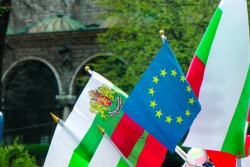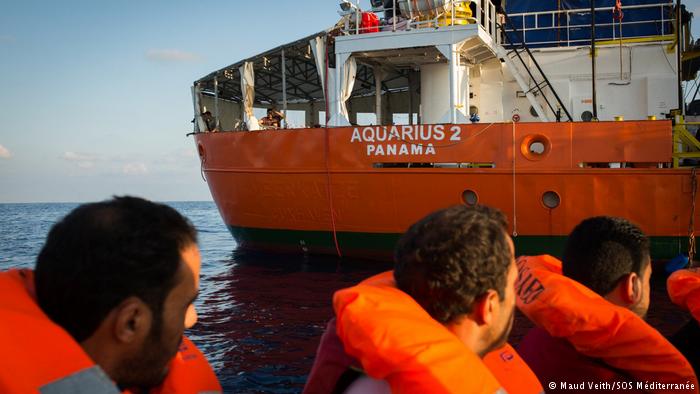Download PDF :


European Western Balkans (25 September 2018)
Since 2004, media freedom organizations have recorded 76 attacks on journalists in Montenegro, writes Zselyke Csaky, Senior Researcher at Nations in Transit project, for the Freedom House blog. The frontrunner for EU membership in Western Balkans, much like the rest of the region, faces an uncommendable situation when it comes to media freedoms.
Of the most recent cases of journalist intimidation, Csaky highlights the shooting of Vijesti‘s investigative reporter Olivera Lakić earlier this year, as well as a bomb explosion near the home of her colleague, Sead Sadiković.
It is not hard to find the source of these events. For years, Montenegro has struggled with fight against organized crime, with the situation worsening recently due to infighting between two rival crime groups from the Bay of Kotor, the article reminds.
“The lack of progress in investigating the attacks against journalists may reflect the state’s genuine inability to rein in such groups, but it certainly sends a message that they can continue undeterred”, Csaky writes.
The government itself, however, has never shown much understating towards the journalists. Since the fall of Yugoslavia in 1991, as well as becoming an independent country in 2006, Montenegro has been ruled by the Democratic Party of Socialists and its leader Milo Đukanović, who, Csaky claims, has never hidden his hostility towards the press.
Government’s pressure is obvious when it comes to state-owned public broadcaster, RTCG. In early 2017, it got a new director, who showed willingness to move towards more unbiased reporting. Unsurprisingly, her tenure was short-lived, and she was sacked this June.
The broader picture is also not promising. With the population of a little bit over 600.000, Montenegro has 17 television stations, 53 radio stations and 30 monthly papers. The competition leaves individual outlets vulnerable to political and economic pressure, especially when it comes to public funding, which is non-transparent, the article explains.
Can the EU integration process be of any help in this regard? The issue of media freedom is tightly connected with negotiating chapters 23 and 24, for which Montenegro was criticized in the latest EC Report. Financial assistance programmes that EU provides can also be a mechanism of influence.
The optimism, nevertheless, is fading, Csaky concludes. Many journalists believe that the situation now is worse than at the start of negotiations, a decade ago. And younger generations are yet to see the ruling establishment being replaced by a new, reform-oriented administration.
https://europeanwesternbalkans.com/2018/09/25/montenegro-can-eu-integration-process-improve-media-freedom/
 ECONOTIMES: IS BULGARIA A EUROPEAN SUCCESS STORY OR CRISIS WAITING TO HAPPEN?
The Balkans
25.09.2018
ECONOTIMES: IS BULGARIA A EUROPEAN SUCCESS STORY OR CRISIS WAITING TO HAPPEN?
The Balkans
25.09.2018
 FRANCE REFUSES TO ALLOW LAST PRIVATE MIGRANT SHIP TO DOCK
Europe - EU
25.09.2018
FRANCE REFUSES TO ALLOW LAST PRIVATE MIGRANT SHIP TO DOCK
Europe - EU
25.09.2018




























